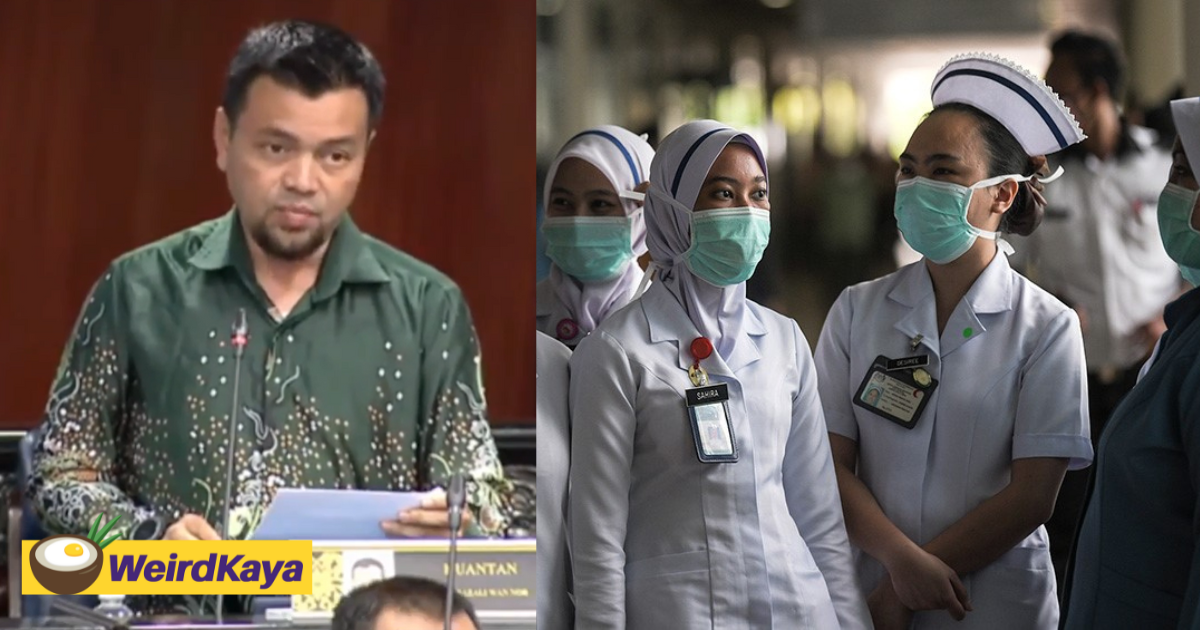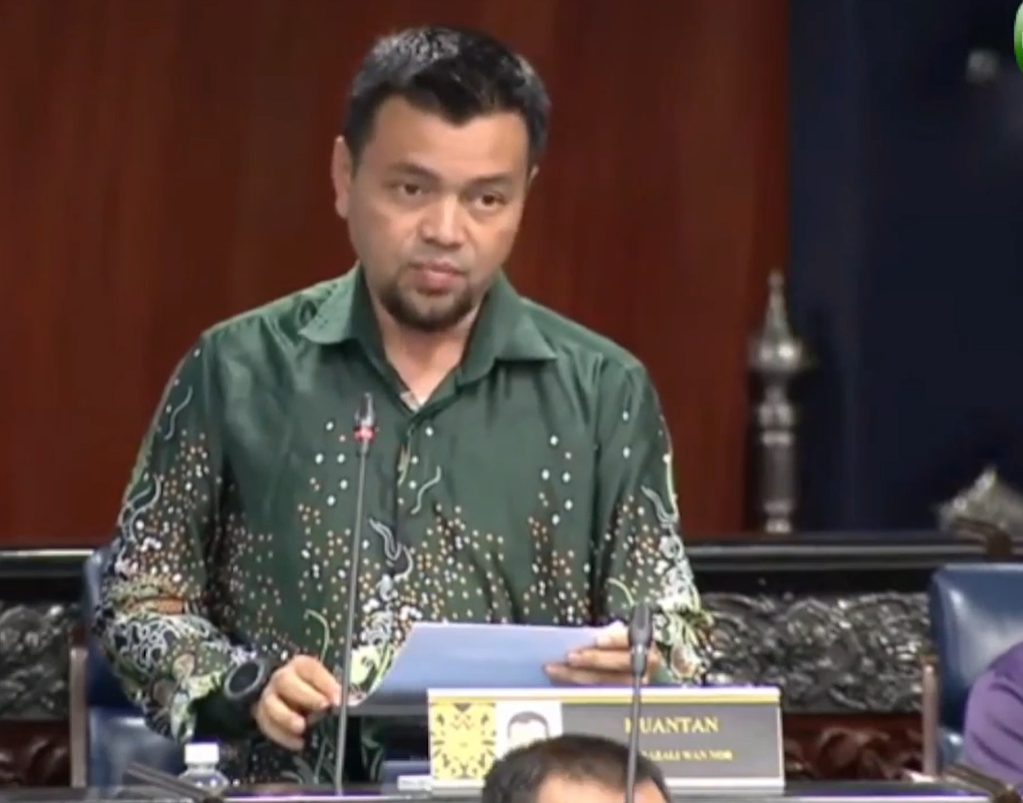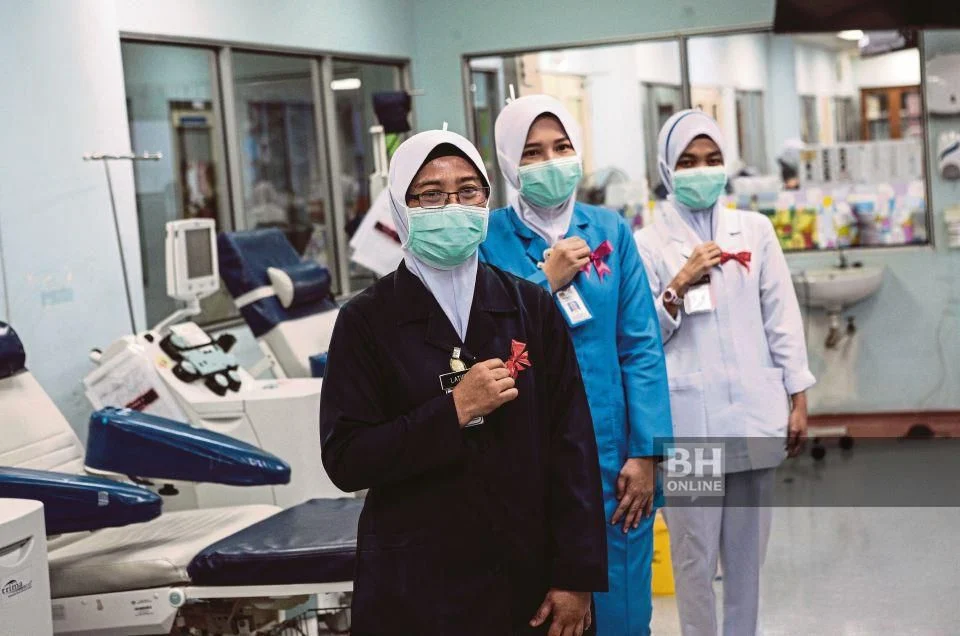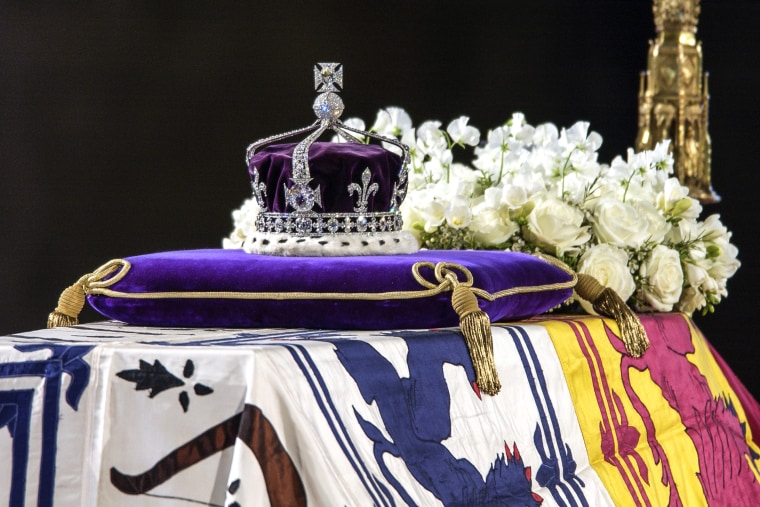The frugal type: Lunch at convenience store, bike rides and thrift shops
FOR every penny he spends that could have been saved, Kang Won-jin (not his real name) gets scolded online.
When he confessed to a spontaneous purchase of a 10,000 won (RM35.70) umbrella from a convenience store because of an unforeseen rain, he was told “No Starbucks for a week.”
Some remarked half-jokingly, “You should have used flyers or newspapers to cover your head.”
He willingly shares his daily expenses with them and embraces their nitpicking. It is his way of keeping his belt tightened.
The 25-year-old is part of an online community of young Koreans practicing frugal living via chatrooms called “geojibang,” which literally translates to “the beggars’ room.”
There, pseudonymous users check each other’s daily expenses and share saving tips and information on hot deals, including promotional events at local convenience stores or low-priced phone plans.
A search for “geojibang” on KakaoTalk’s open group chat section, returned more than 500 rooms, with diverse membership requirements based on gender or age.
One group, made up of about 360 job seekers in their 20s, had a slogan “extreme saving and meaningful spending.” Its rules stated that users are banned from posting pictures of “extravagant items” to prevent impulse buying.
Among the tips shared and widely encouraged by its seasoned members was to use public bikes instead of taking the bus or subway. Ordering food via delivery platforms is considered virtually sinful.
The influence of this new frugality can be found in various data.
According to NHN Data, apps for local low-priced coffee brands, convenience store chains and group buying platforms posted sharp growth in terms of the number of downloads during the first half of the year.
For instance, among the eight most popular shopping apps, five are for big discount deals, including Always, Tteorimall and Miss Discount, which recorded 115%, 65% and 24% growth in downloads, respectively, compared with October last year.
Sales of boxed lunches at the nation’s four major convenience stores during the first quarter soared 40% from a year earlier, industry data showed, despite restrictions on restaurant dining remaining in place during the period in 2022.
Runaway inflation, a sluggish economy, and a persistent slump in the job market collectively drive young people toward adopting a frugal lifestyle, but there’s more. Social media and online communication platforms are amplifying personal resolutions into a broader social trend, experts said.
“The presence of others reinforces a person’s will and performance on a task, known as the social facilitation effect,” explained Kwak Geum-joo, a professor of psychology at Seoul National University.
“Keeping habits of thrift is a challenging task, so people have created fun ways of doing it together. Geojibang incorporates elements of anonymity, real-time updates and communication, making frugality something fun and enjoyable,” Kwak said.
The extravagant type: high-end omakase, pricey desserts and exotic holidays
ON the opposite end of the spectrum, there are young Koreans who engage in conspicuous extravagance, whether or not it aligns with their means.

In Korean omakase restaurants – a high-end dining experience at restaurants where the chef offers one dish at a time – it is common to find young couples on a date. — 123rf.com
One of the most popular trends among big spenders is “omakase,” a traditional Japanese dining style where guests leave their menu choices up to a chef.
Literally meaning “I will leave it to you” in Japanese, omakase in Korea usually refers to a high-end dining experience at restaurants where the chef offers one dish at a time and introduces its name, ingredients and origin. An omakase-style dinner course is normally priced between 200,000-300,000 won (RM723-RM1,085) per person.
While in Japan guests at such establishments are typically affluent middle-aged individuals, in Korean omakase restaurants it is more common to find young couples on a date.
The number of diners specialising in omakase surged to 413 in January this year from about 100 in 2021, according to data from the Korea Foodservice Industry Research Institute.
Some people visit luxury hotels to indulge in expensive desserts.
Every summer, major luxury hotels introduce high-priced bingsu (shaved ice flakes) made with fresh fruits in season, priced at between 70,000-80,000 won (RM253-RM289) on average. No matter how expensive, there are always people who opt for a premium dessert experience.
On a recent Tuesday afternoon at a five-star hotel’s lounge for coffee, desserts or casual meals, visitors in twos and threes were helping themselves to apple mango bingsu priced at 126,000 won per plate.
“It is made up of high-end ingredients and tastes so good. Since it’s a seasonal menu item, I think it’s a price worth paying,” said a diner who wished to remain anonymous.

Some young Koreans love to visit luxury hotels to indulge in expensive desserts. — The Korea Herald/Asia News Network
For holidays and long weekends, these big spenders would hop on planes to exotic destinations, joining the post-Covid-19 travel rush.
According to data from the Korean e-commerce company Interpark, its sales of plane tickets amounted to 173.1 billion won (RM626.3mil) in April, up 144% on-year.
Kim Hyung-nam, who recently came back from a holiday in Osaka, Japan, said he was surprised to see so many young Koreans visiting the city. “Honestly, it almost felt as if I never left Korea.”
“For my next vacation, I am going somewhere far away.”
Local experts say the “shrinking middle class” is behind the current trend of polarised consumption.
“The impact of an economic downturn does not affect everyone equally, but rather tends to concentrate more on the low and middle-class households.
“As more middle-income families have fallen into the low-income class amid higher prices and declining real incomes, it appears that the culture of saving and frugality became more widespread than before,” said Kim Kwang-seok, a senior researcher at the Institute for Korean Economy and Industry.
“High earners who are less vulnerable to a decrease in net income will continue their existing consumption habits such as overseas travel and purchase of luxury goods, which further exacerbates the polarisation of consumption.” — The Korea Herald/Asia News Network
Middle-class hit hardest by 2022 inflation: data
S. Korea's real household income declined again in Q4 2022 ...
Middle-class hit hardest by 2022 inflation: dat
Related posts
South Korea's latest big export: Jobless college graduates
5,000 Malaysians are illegals in South Korea, lured by higher pay, living underground !
In a tough market, young South Koreans vie for the security of government jobs

Risky business of overseas ‘jobs’ , Don’t get conned, Malaysians warned !
 |





 Photo via
Photo via 






